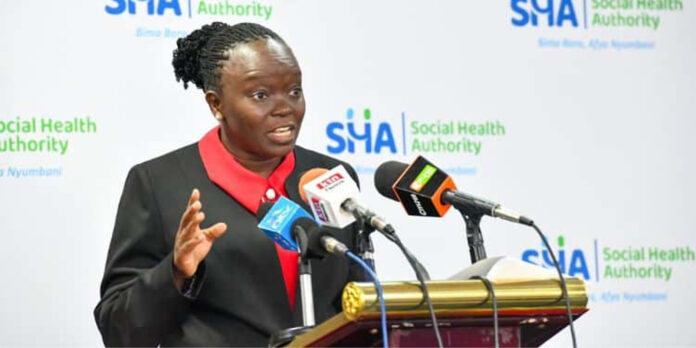On October 1st, the government launched the highly debated transition from NHIF to the Social Health Insurance Fund (SHIF).
This move brought a lot of confusion and concern about how the Social Health Authority (SHA) would function.
A week into the new health coverage plan, many Kenyans have shared their plights after being denied access to life-saving treatments such as dialysis.
Many hospitals rejected clients seeking to pay through the government’s insurance model, as they had not yet formalized contract agreements with the government.
According to the government, SHA should be able to cover overseas treatment, maternity services, surgical services, optical services, dental healthcare services, oncology services and pharmacy services.
Other extra facilities that have been accommodated include mental health services, rehabilitative services, medical imaging services, specialized essential diagnostic services and screening for common diseases.
SHA’s chronic cover offers diabetes treatment, kidney diseases, kidney transplants, hypertension, cancer management, asthma treatment, alcohol abuse management and mental disorders such as bipolar, depression and anxiety.
The UHC model also offers coverage for cardiac and pulmonary distress, severe trauma such as burns, head injuries, multiple fractures, shock conditions like sepsis and dehydration, pregnancy complications, seizures, and ambulance services during emergencies.
How your payslip will look like after new SHIF deductions
Following the roll-out confusion, the government published a list on October 5th, outlining state-run hospitals, faith-based facilities and private clinics where patients could receive cancer and dialysis treatment.
A day later, Chairperson Abdi Mohammed shared that 1,442 contracted healthcare providers had signed their contracts to provide all SHIF-mandated services.
Patients who want to confirm if their hospital is accredited can visit the SHA website. Below is a link to the listed hospitals:








